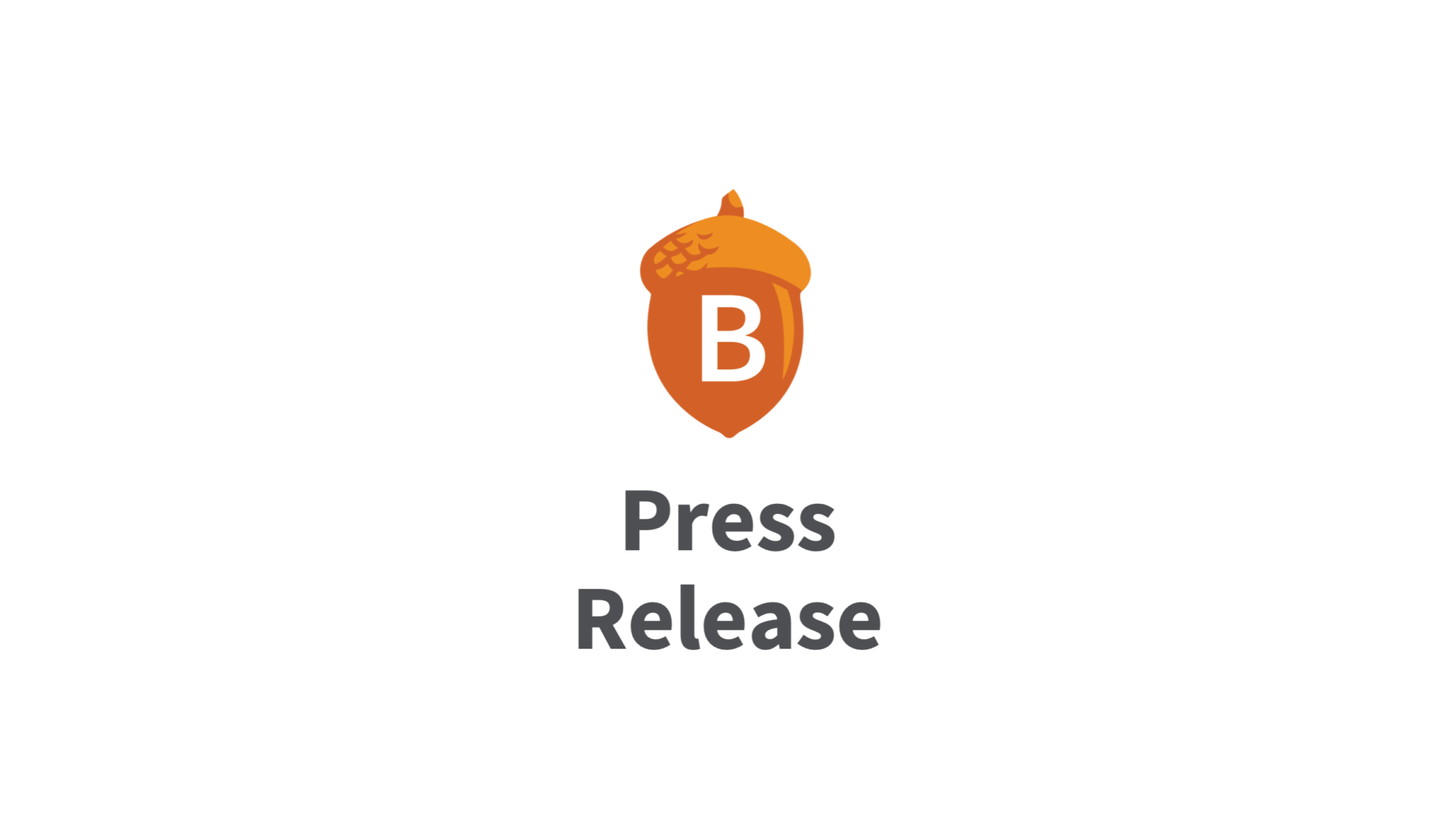Beneficial State Foundation Introduces Equitable Bank Standards that Give Banks Guidelines for Implementing ESG Strategies

FOR IMMEDIATE RELEASE
Media Contact:
Paulina Campos
paulina@emccommunications.com
650-455-9928
Nonprofit Beneficial State Foundation, the majority equity owner of Beneficial State Bank, has created a step-by-step resource in collaboration with economic justice and finance experts to provide banks with guidance on how to benefit community stakeholders and shareholders
Oakland, CA, April 8, 2022 – Beneficial State Foundation has unveiled its Equitable Bank Standards, providing banks of all sizes with guidelines on how to have a positive impact while being financially successful through implementation or improvement of environmental, social, and governance (ESG) strategies. The Standards provide guidance on the creation of products, processes, and policies that ensure all stakeholders have a voice; advocacy for regulations that protect people and the planet; delivery of affordable and inclusive products and services; and investments that safeguard communities instead of extracting from them, among others.
The Foundation aspires to make equitable banking the standard practice in the United States.
“It’s clear that financial institutions, along with all of our country’s major institutions, have not served the interest of all Americans, resulting in economic injustices that disproportionately hurt communities of color and other vulnerable populations,” said Quinn Williams, Associate Director of Beneficial State Foundation’s Equitable Bank Standards Program. “We must reinvent our economy with community prosperity at its core. Banks can and must shift to operate more equitably, committing to benefit their many stakeholders, above and beyond just their shareholders.”
The Standards are divided into five categories, each with a distinct goal:
- Governance in the Public Interest: Establish an ownership structure, business model, goals, strategies, decision-making bodies, and decision-making protocols that avoid negative impact and maximize positive impact for people and the planet.
- Operational Practices: Integrate the values of worker dignity and engagement, diversity, equity, inclusion, and environmental stewardship into internal functions, such as facilities management, procurement, and communications.
- Lending and Investments: Deliver value to society by using the power of finance to advance sustainable and positive economic, social, and environmental outcomes, and to strive to avoid negative outcomes.
- Products and Services: Deliver affordable products and services in an equitable, inclusive, and environmentally sound manner.
- Corporate Citizenship: Advocate for regulations and support campaigns that protect the planet and advance well-being and equity for people, particularly those from systemically excluded groups.
To encourage continued improvement over time, the Standards are categorized into three levels: Essential, Emerging, and Industry-Leading. Those labeled Essential represent standards for operating ethically with the goal of minimizing negative impacts for all stakeholders, including customers, the community, and the environment. They are a recommended place for banks to start, consisting of practices that should be achievable within two years. The Emerging label represents standards further along the journey whereby banks avoid harm and proactively seek a positive impact, while Industry-Leading practices work toward generating substantial and long-term positive impact.
“We built the Equitable Bank Standards in partnership with social impact bankers, finance experts, economic justice advocates, and academic researchers. Incorporating their insights, along with those from our partner Beneficial State Bank’s 15 years of triple-bottom-line banking practice, this tool paints an actionable picture of what banking could be,” said Erin Kilmer Neel, Beneficial State Foundation’s Executive Director and Chief Impact Officer. “We now look forward to feedback and engagement from bankers, policymakers and regulators, advocates, and bank customers to further refine the Standards and continue making progress in the right direction.”
“At Beneficial State, we see a future where all banks embrace a triple-bottom-line practice — one focused on investing in people, planet, and prosperity,” said Randell Leach, CEO of Beneficial State Bank. “With our banking practices and programs, characterized by governance in the public interest and equitable lending practices, we walk the walk ourselves.”
###
About Beneficial State Foundation
Beneficial State Foundation is a 501(c)3 nonprofit that works to advance financial justice and impactful systemic change in our communities and in the banking system. The Foundation is the founding investor of Beneficial State Bank, a triple-bottom-line certified Community Development Financial Institution, and the administrator of the Clean Vehicle Assistance Program which provides grants and affordable financing to help income-qualified Californians to purchase clean vehicles.
About Beneficial State Bank
Beneficial State Bank (Beneficial State) is a state-chartered, federally insured and for-profit bank. Its economic rights are majority-owned by the nonprofit, Beneficial State Foundation, which is in turn permanently governed in the public interest. That ownership allows the bank to prove and maintain an innovative model for banking that generates benefit for people and the planet and avoids harm while being financially safe and sound.
Beneficial State is both a Community Development Financial Institution (CDFI) as designated by the US Treasury and a Certified B Corporation, with Beneficial State ranking among the world’s top B Corps since becoming a Certified B Corporation in 2012. For additional information, visit http://www.beneficialstate.com. Member FDIC Insured, Equal Housing Lender.

